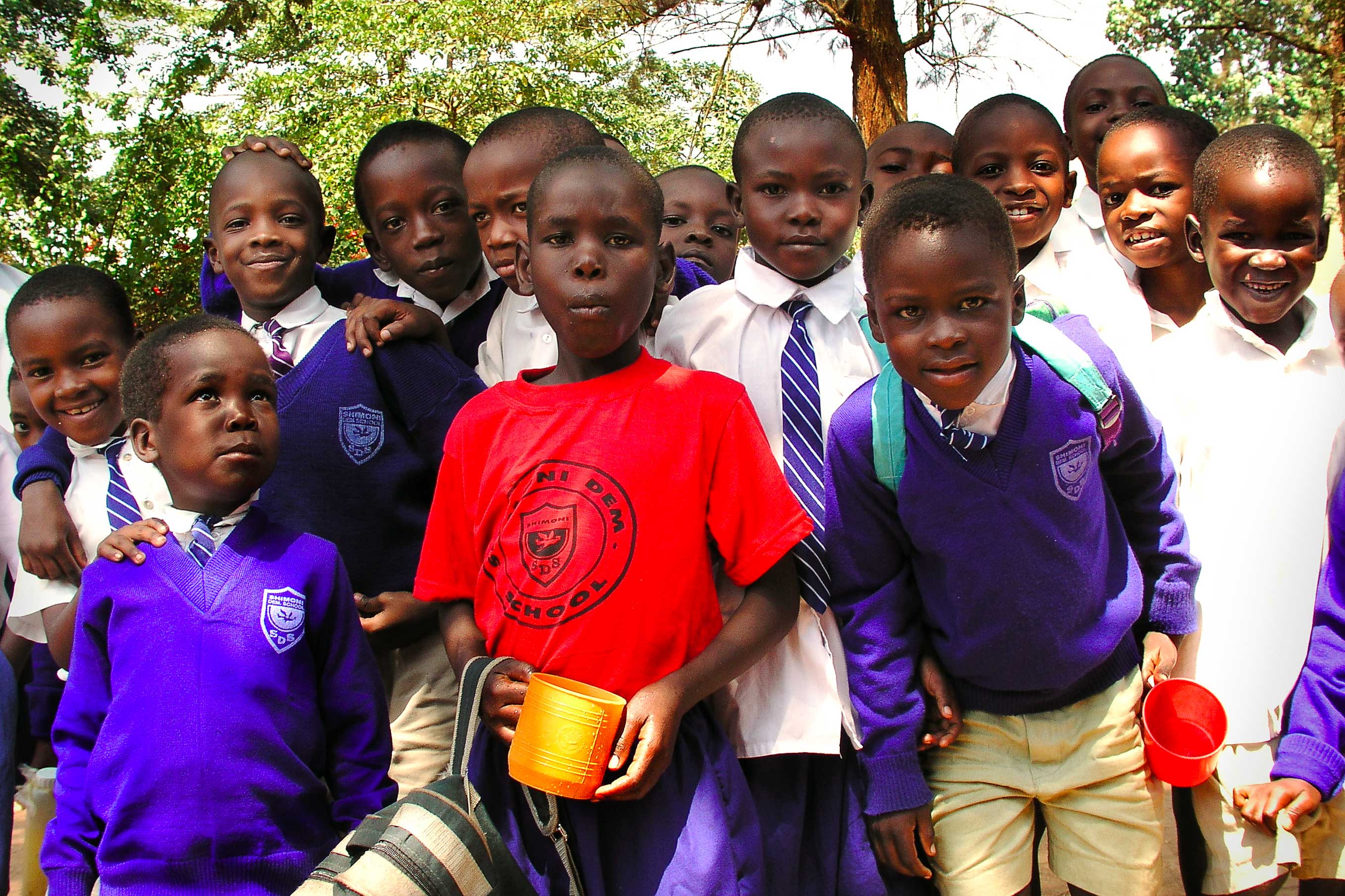Reduced import tariffs for developing countries (GSP)
How can international trade help development? Under the Generalised System of Preferences (GSP) of the World Trade Organisation (WTO), developed countries lower their import duties for goods from developing countries to help boost the latters' economies.
The GSP is a legal framework agreed upon by the members of the WTO. This makes it a formal system of exemption from the more general rules of the WTO.
The GSP's three variants or 'arrangements', depend on the respective third country's level of development and on the international agreements it has signed, for example on labour rights. Each developed country defines its own scheme under the GSP.
The reformed EU's Generalised Scheme of Preferences (EU GSP) will focus its support on those nations most in need by cutting the number of countries benefiting from easier market access from 176 to 79 starting on 1 January 2014.
What was the Greens' position?
The Greens agree there is a need to reform the EU GSP, but believe that the emphasis in the new EU GSP regime should be on enhancing its role as a development tool.
The World Bank criteria used to define beneficiary countries are too broad and apply the wrong indicators. We prefer criteria based on economic inequalities because they yield a clearer picture of the level of poverty involved.
The EU GSP should also provide incentives for tighter regional integration. Products which do not foster development should be excluded from the EU GSP.
Did other MEPs accept the Greens' position?
Only a small number of modest demands by the Greens were incorporated into the final text, and input from civil society and the social partners will have to be taken on board when assessing the implementation of the EU GSP.
Thanks to a Green amendment, the EU GSP's legally non-binding introduction specifies that the objective is to promote economic diversification.
Which points did the Greens lose?
The Greens' proposal that the EU GSP should serve as a development tool was rejected by the EPP and the S&D.
The EPP rapporteur on this dossier and the S&D chairman of the European Parliament's Committee on International Trade met behind closed doors to hammer out a deal with the European Council and Commission.
What they decided will result in the new EU GSP serving the EU even more and the developing countries even less than its predecessor did. For example, EU GSP beneficiaries are not allowed to impose restrictions on exports of raw materials. This stipulation will hinder the development of beneficiary countries' own processing industries.
Together the EPP, S&D and ALDE groups also waived the Parliament's competence to examine the economic and political status of candidates to the EU GSP. They accepted the Commission to include countries with problematic human rights records, like Pakistan and Burma.
Procedure:Ordinary legislative procedure
Reference(s):2011/0117(COD)
Lead MEP:Christopher Fjellner (EPP)
Green MEP responsible:Keith Taylor
Voted:13/06/2012
Staff contact:Martin Köhler (Email)
Outcome of the vote
Below you find the results of the final vote in plenary. How did the political groups vote? What about national delegations? And what was the position of your MEP?
